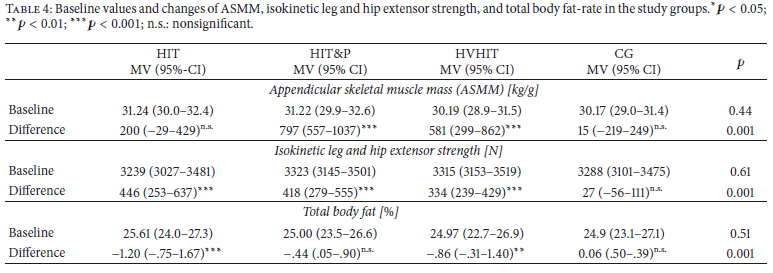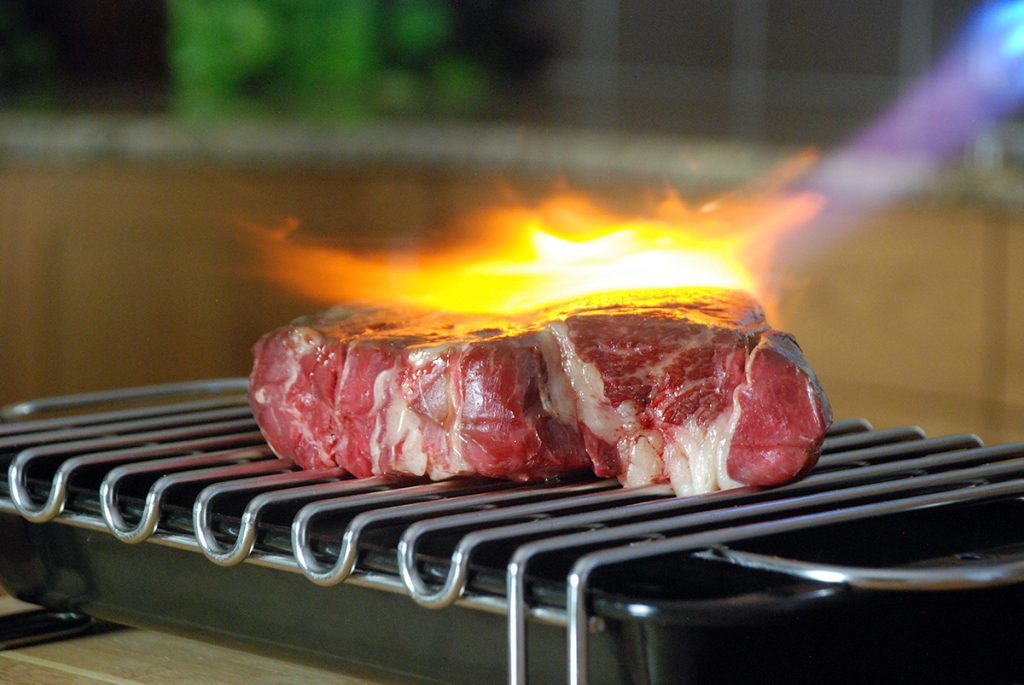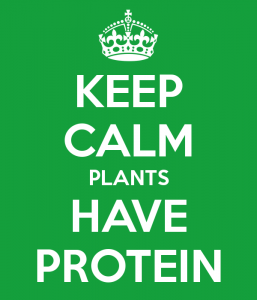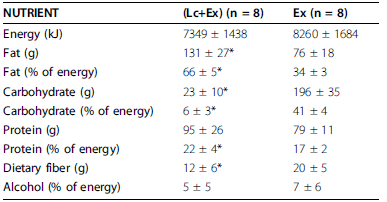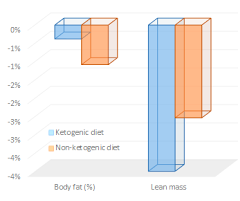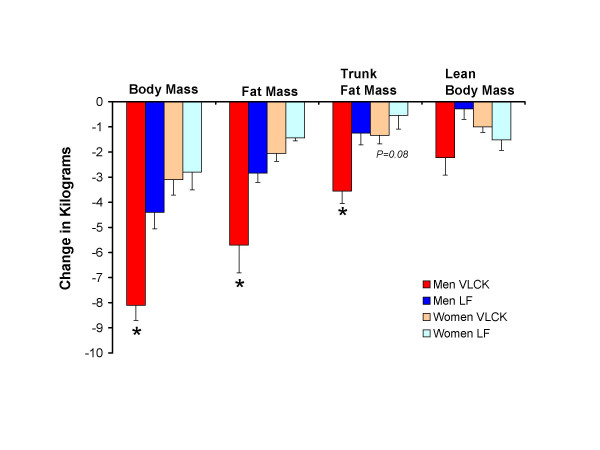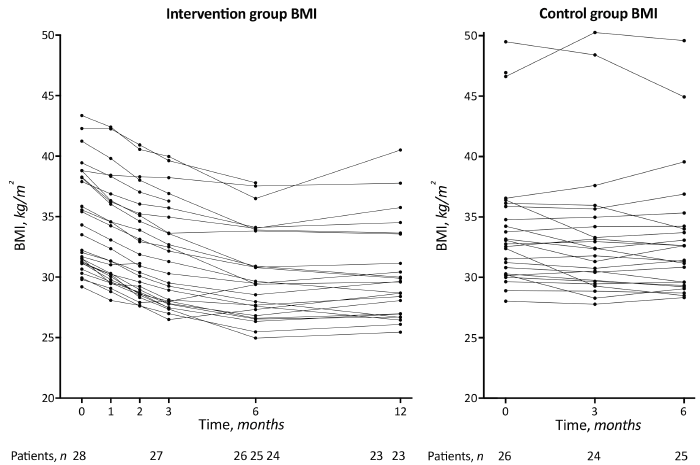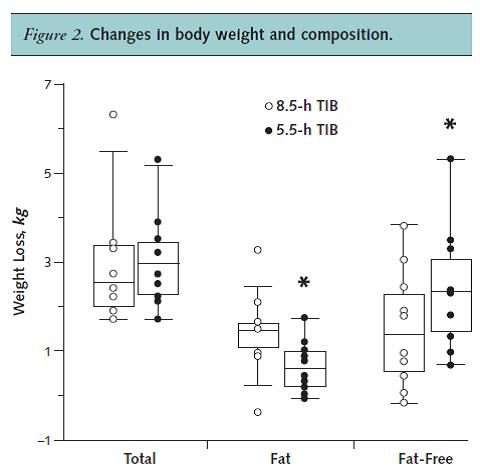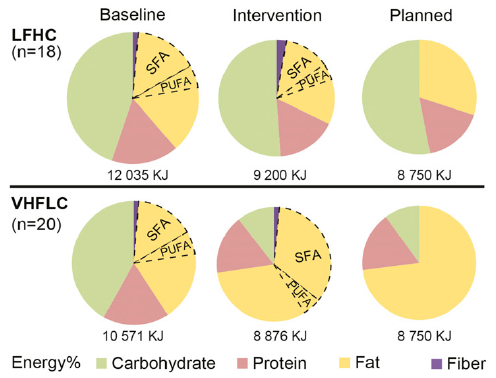-Basically, any beginner can make decent gains upon starting a new exercise regimen… it’s actually hard not to. Noob gainz.
-What’s easier than doubling exercise volume? PROTEIN.
Patreon link https://www.patreon.com/posts/exercise-protein-12248945
Protein Supplementation to Augment the Effects of High Intensity Resistance Training in Untrained Middle-Aged Males: The Randomized Controlled PUSH Trial (Wittke et al., 2017)
Four groups: 1) high intensity training (HIT); HIT + high protein diet (HIT+P) (1.6 g/kg/d); HIT + high volume (HVHIT); and control. Baseline protein intake was ~1.2 g/kg, so it was about a ~33% increase.
Duration: 22 weeks, which is long enough to actually make some measurable noob gainz.
Results:
Exercise alone (HIT) wasn’t particularly effective but doubling the volume worked. What’s easier than doubling the volume? PROTEIN. Protein is better than doubling the volume for n00b gainz in LBM.
More gainz in leg & arm muscle mass and strength. Doubling the volume was slightly better for fat loss. CICO? Energy intake declined slightly in HIT but remained stable in HIT+P & HVHIT.
My take? Protein is way easier than double-volume high intensity training.
Protein & exercise, man. Protein & exercise.
Affiliate links: It’s 2018, join Binance and get some damn cryptoassets or download Honeyminer and get some Bitcoins for free!
Still looking for a pair of hot blue blockers? Carbonshade and TrueDark are offering 15% off with the coupon code LAGAKOS and Spectra479 is offering 15% off HERE. If you have no idea what I’m talking about, read this then this.
20% off some delish stocks and broths from Kettle and Fire HERE.
If you want the benefits of ‘shrooms but don’t like eating them, Real Mushrooms makes great extracts. 10% off with coupon code LAGAKOS. I recommend Lion’s Mane for the brain and Reishi for everything else.
Start your OWN Patreon campaign!
Join Earn.com with this link and get paid to answer questions online.


